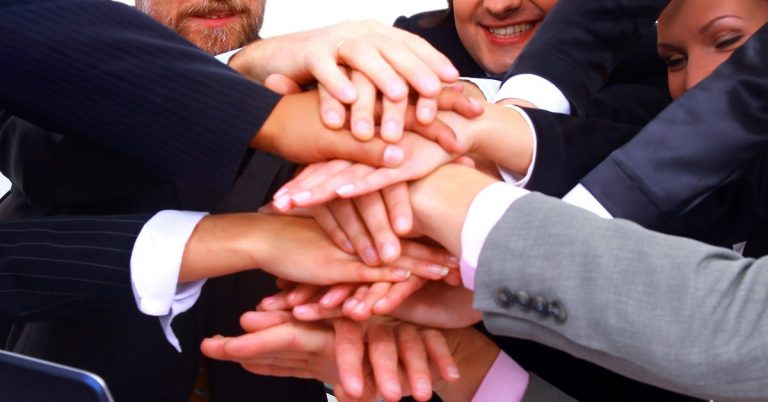
Building Better Relationships Boosts Happiness.
In the Science of Being Happy and Productive at Work I teach that warm relationships may fuel happiness more than any other single factor science has found. When you invest time and attention in your relationships, they improve, and that improves your happiness. You also improve your coping ability because you have more social support.
Research finds that employees who have friendships with coworkers feel more satisfied, engaged, and supported. One of Gallup’s 12 questions that measure employee engagement is about having a “best friend” at work; those who indicated they have a best friend at work are significantly more likely to report being engaged.
Having friends at work is an effective strategy to soothe stress. We can build better relationships at work to boost our brain power and increase our overall satisfaction and productivity. One study found that merely the perception of social support can still have a positive impact on your stress response and emotional regulation.
Adopt a mindset for making friends.
Three mindset changes can help rewire your brain to be more open to new friendships:
Assume Positive Intent – Give people the benefit of the doubt, assume their intentions are good.
- Assuming positive intent helps us avoid the “Fundamental Attribution Error”. The Fundamental Attribution Error occurs when you attribute people’s actions or decisions to their character, rather than taking into account the possible circumstances or situation behind behavior. For example, if I’m curt with you a meeting, it’s because my infant was awake most of last night and I’m exhausted. If you are curt with me in a meeting, it’s because you are a jerk. That’s the Fundamental Attribution Error.
- Assuming positive intent means consciously choosing to think positively about your co-workers actions and abilities. It means giving your colleagues a break; maybe they are exhausted or dealing with something difficult in their personal life. Assuming positive intent changes your state of mind to be more open and aware, rather than defensive or restrictive, which can activate the brain’s fight, flight or freeze response.
Think ‘We’ – Think and say ‘us’ and ‘we’ instead of ‘I’ or ‘me” in the vast majority of situations.
- Science suggests that being self-centered may make us less consistently happy, and that focusing more on our relationships to others is good for durable, authentic happiness. Being self-centered is also not great for your relationships. Do you like hanging out with self-centered egomaniacs at work?
- Focusing more on how you relate to and are part of your team or workgroup tends to be helpful for your relationships and your mood.
Forgive – Forgive someone who has wronged you.
- There’s a saying that trying to punish someone by holding a grudge is like trying to kill someone by taking poison; the only person who really suffers is you. When you forgive someone for something they did to you, it’s good for both people and your relationship. You will feel the effects and become happier almost immediately.
- Forgiveness allows us develop stronger, more meaningful relationships, increasing camaraderie and collaboration in the workplace.
Build Relationships at Work.
Most companies and organizations have several ways to build camaraderie among coworkers; getting involved in your workplace extracurricular activities is a great way to meet others and foster friendships. To promote an environment of relationship building, try one or more of the following activities:
- Hallway Chat – Communicate frequently and wherever unplanned meetings can happen. MIT’s Human Dynamics Lab found that the best teams communicate internally as well as frequently.
- Take a Break Together – Really, don’t work for a few minutes. Get away from wherever you do your work. Talk with others on this break. Breaks relax and re-energize us, allowing us to bring our best. Breaks are productivity enhancers, especially when they combine physical activity and real social contact.
- Walking One-on-One – When meeting with one other person, try going for a walk. This is help you think more clearly, ease stress, boost happiness and build relationships.
Do you have friendships at work? Are you assuming positive intent?
This week, try applying one or more of these relationship-boosting mindset hacks to build better relationships at work. And please let us know how it goes! Simply leave a comment here or on our Facebook page, or tweet to @ScottCrab.